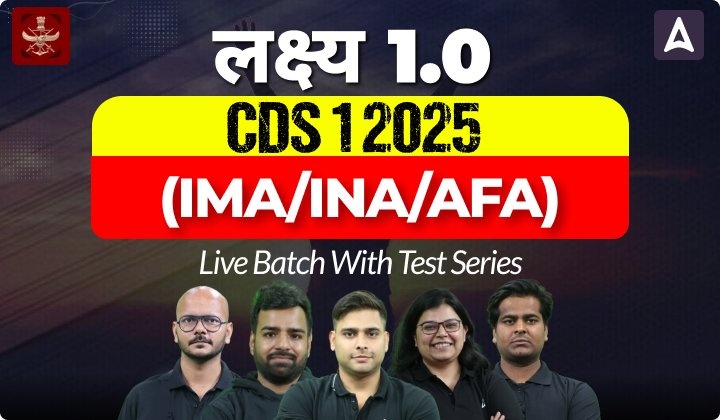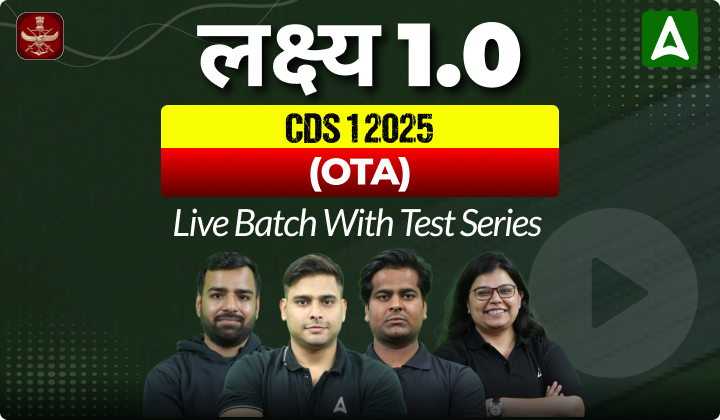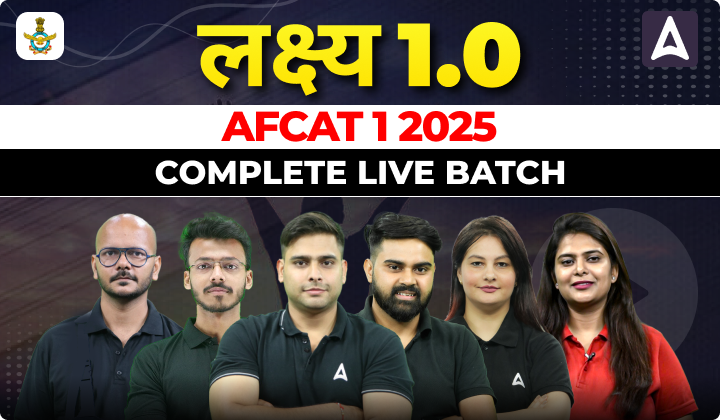New President of India 2022
BJP-led NDA candidate Droupadi Murmu has won the 2022 Presidential election after defeating joint Opposition nominee Yashwant Sinha. Murmu will take oath as the 15th President of India on July 25. She becomes the first tribal and second woman to hold the top constitutional post. As per Article 324 of the Constitution of India, the Election Commission of India is the authority which is responsible to to conduct elections for the Office of President.
Prime Minister Modi tweeted “Smt. Droupadi Murmu Ji has been an outstanding MLA and Minister. She had an excellent tenure as Jharkhand Governor. I am certain she will be an outstanding President who will lead from the front and strengthen India’s development journey,”
New President of India 2022 Result
President of the country holds the highest elective office in the country. The President of the country is elected in accordance with the provisions of the Constitution and the Presidential Elections Act, 1952. The tenure of President office is of five years. According to Article 62(1) of the Indian Constitution “an election to fill a vacancy caused by the expiration of the term of office of President shall be completed before the expiration of the term.”
As the current President Ram Nath Kovind’s tenure is ending on July 25, So, to fill the vacant seat, elections are being conducted on July 18. Last day of counting of votes will be July 21, and the new president will take oath on July 25. He or She will be the 15th president of India.
Yashwant Sinha, a former BJP leader who has held the finance and external affairs portfolios in the past, emerged the opposition’s candidate for the presidential election.
President of India is the nominal head of state and also the supreme commander of the armed forces. President of India is chosen indirectly by the citizens through the representatives of the people.
Related Constitutional Provisions:
- Article 54: Election of President
- Article 55: Manner of election of President.
- Article 56: Term of office of President
- Article 57: Eligibility for re-election.
- Article 58: Qualifications for election as President
- Article 59: Conditions of President’s office
- Article 60: Oath or affirmation by the President
Qualification to Become President
According to Article 58 of the constitution –
(1) No person shall be eligible for election as President unless he—
(a) is a citizen of India,
(b) has completed the age of thirty-five years, and
(c) is qualified for election as a member of the House of the People.
(2) A person shall not be eligible for election as President if he holds any office of profit under the Government of India or the Government of any State or under any local or other authority subject to the control of any of the said Governments.
How President Gets Elected?
- The president is chosen by members of the electoral college consisted of Members of the Lok Sabha, Members of the Rajya Sabha and the Members of state legislative Assemblies as well as UTs – Delhi and Puducherry.
It is important to note that nominated members of the Houses can not vote in presidential election. The Constitution mandates voting via secret ballot. Cross-voting is allowed in presidential election that is members are allowed to cast ballots across party lines.
How is Voting Conducted?
As per Article 55(3) of the Constitution of India, The election of the President shall be held in accordance with the system of proportional representation by means of the single transferable vote and the voting at such election shall be by secret ballot.
Members are supposed to list the different candidates in order of preference.
Value of Votes
A formula based on the population of each state is given in the Constitution for determination of the value of vote of an MLA or an MP.
As per the ECI, In the election of president, The value of a vote of a Member of Parliament is determined by dividing the total value of votes of all MLAs of all States divided by the total number of elected members of Parliament and The value of a member of the state Assembly is calculated by dividing population of the state/Union Territory (1971 census) by the total number of elected seats in the state assembly which is multiplied by 1,000, according.
Total value of electoral college is 10,86,431 votes. The value of the vote of each elector that is of an MP and an MLA is determined already. For each MP, the value is fixed at 708. According to PTI, The value of each vote of a Member of Parliament probably can go down to 700 from 708 in this presidential polls due to the absence of a legislative assembly in Jammu and Kashmir
For an MLA, this value is determined by a formula involving the population of the state he/she represents (which is based on the 1971 Census). Hence, the value varies as per the state
How the Results Decided?
A candidate wins once he or she achieves “50 percent of valid votes polled +1” (quota) of the first preference votes cast.




 CDS Previous Year Question Papers, Downl...
CDS Previous Year Question Papers, Downl...
 AOC Result 2025 Out, Download Link Activ...
AOC Result 2025 Out, Download Link Activ...
 NDA 1 Admit Card 2025 Out, Download NDA ...
NDA 1 Admit Card 2025 Out, Download NDA ...












